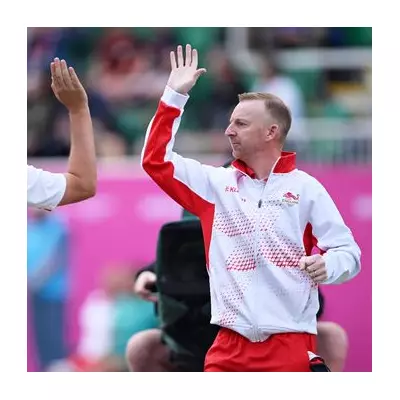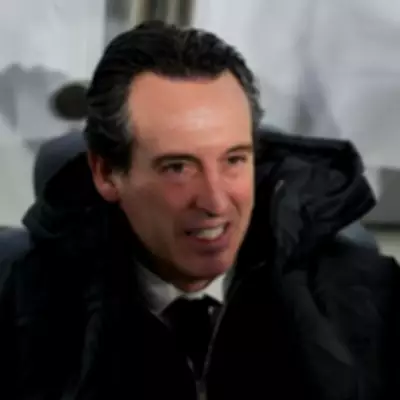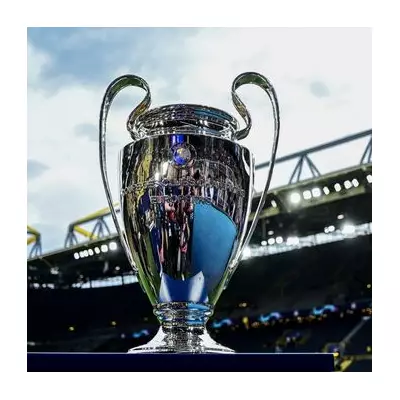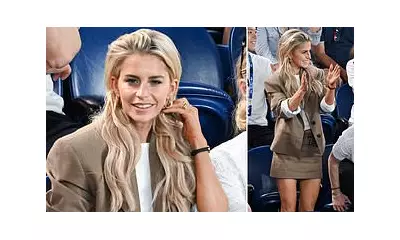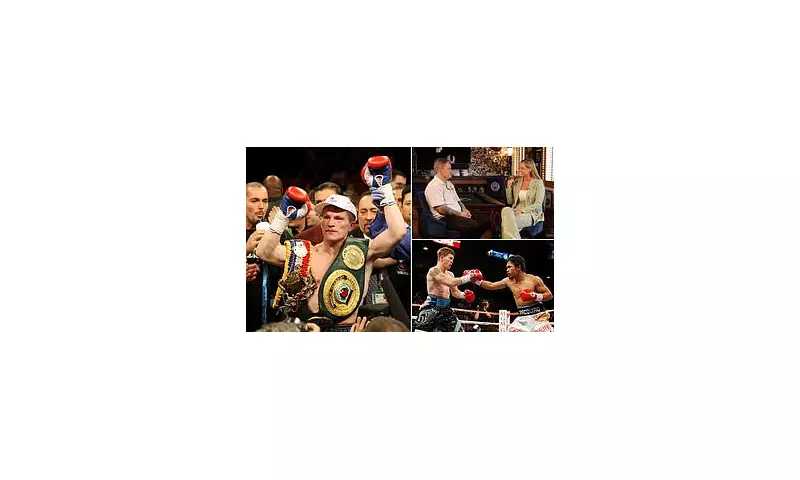
In a profoundly moving and brutally honest interview, British boxing royalty Ricky Hatton has laid bare the depths of his mental health struggle following his catastrophic 2009 defeat, revealing he reached a point where he "wanted to die".
The 'Hitman', once the pride of Manchester and a world champion in two weight divisions, described the soul-crushing aftermath of his second-round knockout by Manny Pacquiao in Las Vegas. The very public loss, he confesses, was the catalyst for a devastating spiral into depression, addiction, and a suicide attempt that nearly ended his life.
The Darkest Round: A Descent Into Hell
Hatton recounts the period with chilling clarity. "I didn't want to be here anymore," he stated. The fighter, adored by millions for his everyman charm and relentless style, found himself utterly alone in the shadows of his defeat. The roar of the crowd was replaced by a deafening silence, and the will to fight in the ring was extinguished by a desperate battle outside of it.
His use of alcohol and drugs became a coping mechanism, a futile attempt to numb the overwhelming pain and shame he felt. "I was drinking and doing things I shouldn't be doing to try and make the pain go away," Hatton revealed, painting a picture of a man completely lost.
A Glimmer of Hope: The Journey Back
The interview is not just a story of despair, but one of remarkable resilience. Hatton speaks of the pivotal moment that forced him to seek help and begin the long, arduous road to recovery. It’s a testament to the fighting spirit that made him a champion, now channelled into saving his own life.
He has since dedicated himself to raising awareness for mental health, particularly within the macho world of professional sports. His message is one of hope and understanding, urging others who are suffering to speak up and seek support, assuring them that it is possible to come back from the brink.
A Champion's New Fight
Today, Ricky Hatton is in a much better place. He has rebuilt his life and his relationship with his family, and now uses his platform to coach a new generation of boxers, all while advocating for mental health. His story serves as a powerful reminder that even our toughest heroes can face invisible battles.
His candid confession is more than a sports story; it's a crucial conversation about the immense pressure on athletes and the importance of prioritising mental wellbeing above all else.

